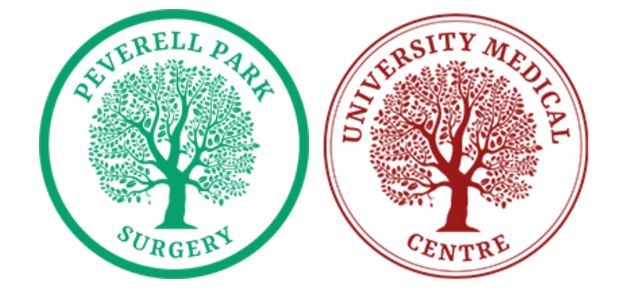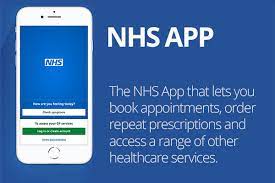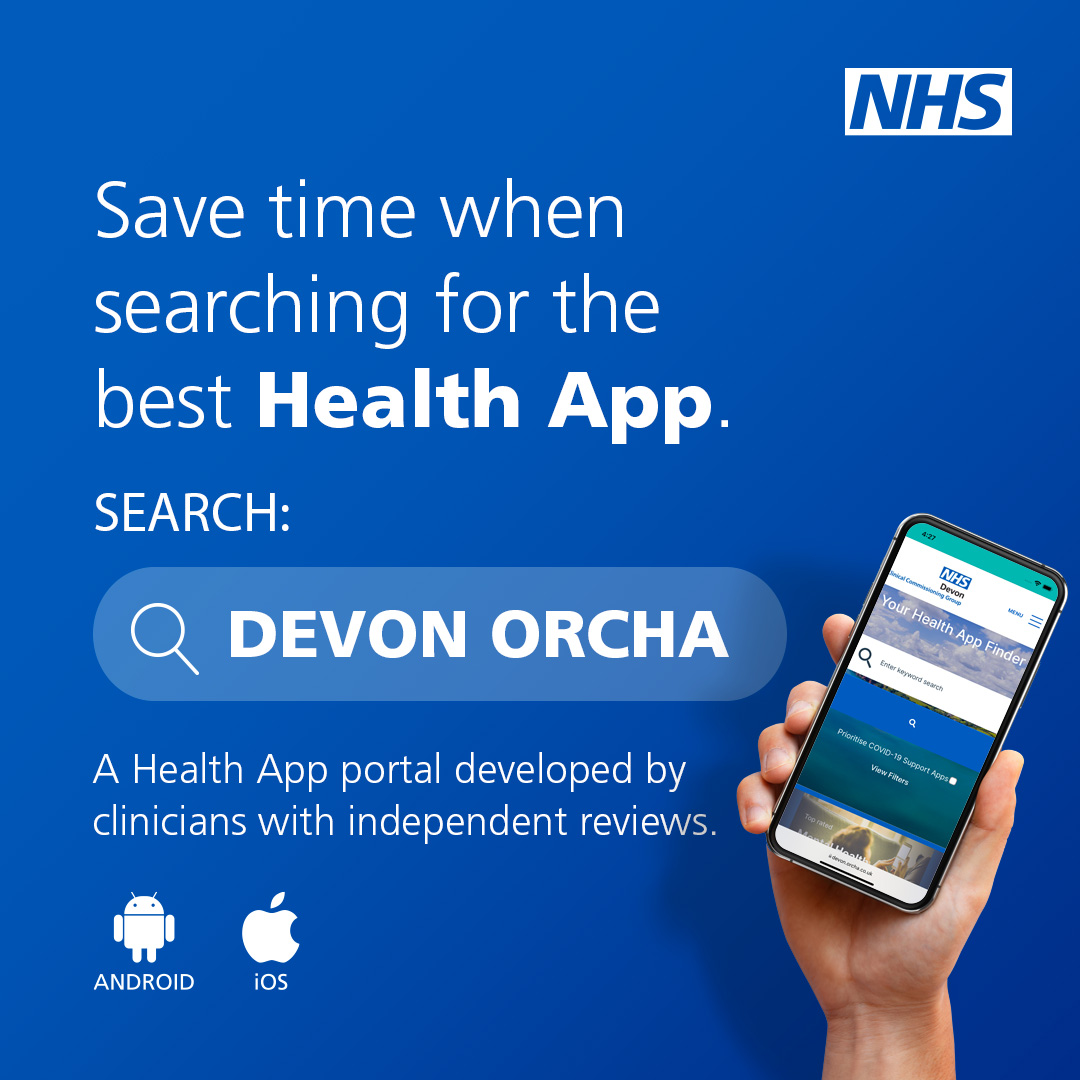Peverell Park Surgery & University Medical Centre
Peverell Park Surgery | 01752 766644 | administration.peverellpark@nhs.net
University Medical Centre | 01752 222341 | administration.umcpeverell@nhs.net
Sorry, we're currently closed. Please call NHS 111

NHS delivers millions of routine treatments in toughest summer
There were 3.9 million diagnostic tests and 2.6 million patients started consultant-led treatment over June and July, compared with 2.7 million tests and 1.6 million treatments over the same time last year.
The increase, which included hip and knee replacements and cataract procedures, came as the number of COVID patients in hospital grew from under 800 at the start of June to more than 5,000 at the end of July.
There are now more than 6,300 COVID patients in hospital, compared with fewer than 600 this time last year.
In all, hospitals in England have now treated more than 450,000 patients with the virus.
Latest monthly performance data also shows almost half a million people were checked for cancer in June and July – among the highest numbers on record – while more than fifty thousand people started treatment for cancer in the same period, a 32% increase on the same period last year.
NHS staff have also had to contend with one of the busiest summers on record with 2.9 million attendances at major A&E departments in June and July.
Ambulance crews have reported one of their most difficult periods, with almost two million calls answered during June and July, up over 50% on last year and almost 25% higher than pre-pandemic levels for same period.
The South West Ambulance Service experienced its highest demand ever this Monday, with a call on average every 30 seconds.
Professor Stephen Powis, National Medical Director for NHS England, said: “NHS staff have pulled out all the stops to deliver millions more tests, checks, treatments and operations than they did last summer despite caring for many more COVID patients.
“Caring for 450,000 patients with the virus has inevitably had a knock-on effect on less urgent care and left a backlog but staff are working around the clock to make the best possible use of government investment to treat as many people as possible.
“We do not know how many of those who held back from accessing care during the pandemic still need treatment, but we expect more to come forward in the coming months, and I urge anyone who needs the NHS to come forward, including through NHS 111 Online so that staff can help you with the best option for your care”.
New technologies and innovative ways of working successfully adopted across the NHS, and made possible through additional funding during the first months of the year, have accelerated the recovery of elective services.
Trusts have delivered surgical initiatives including ‘Super Saturdays’ where the same procedure is performed all day, reducing changeover times for equipment and staff, while others like Milton Keynes are using surgical robots to deliver more complex surgery with faster recovery times for patients, less time in hospital and reduced risk of infection.
Virtual wards, diagnostic hubs and ‘at home’ services have been successfully implemented up and down the country, with drive-through cardio and blood pressure services supporting social distancing, increasing numbers of tests carried out each day, and freeing up hospital space.
Sheffield Children’s Hospital is among services to improve pre-operative pathways to ensure children’s iron levels are safe for surgery, reducing risk of blood transfusion in surgery and potential infection causing delays to recovery.
Today’s operational data also shows:
- Average waiting times have almost halved since July last year (people waited 19.6 weeks in July 2020, compared with 10.9 weeks in July 2021).
- The number of patients waiting over 18 weeks is down 370,000 on July last year.
- The average waiting time for a diagnostic test was 3.1 weeks in July, with less than a quarter of those waiting for a test (23.5%) waiting more than six weeks.
Peverell Park Surgery
- Monday
08:00am to 06:00pm
Phones open at 08:00 / Doors open at 08:30 - Tuesday
08:00am to 06:00pm
Phones open at 08:00 / Doors open at 08:30 - Wednesday
08:00am to 06:00pm
Phones open at 08:00 / Doors open at 08:30 - Thursday
08:00am to 06:00pm
Phones open at 08:00 / Doors open at 08:30 - Friday
08:00am to 06:00pm
Phones open at 08:00 / Doors open at 08:30 - Saturday
CLOSED - Sunday
CLOSED










